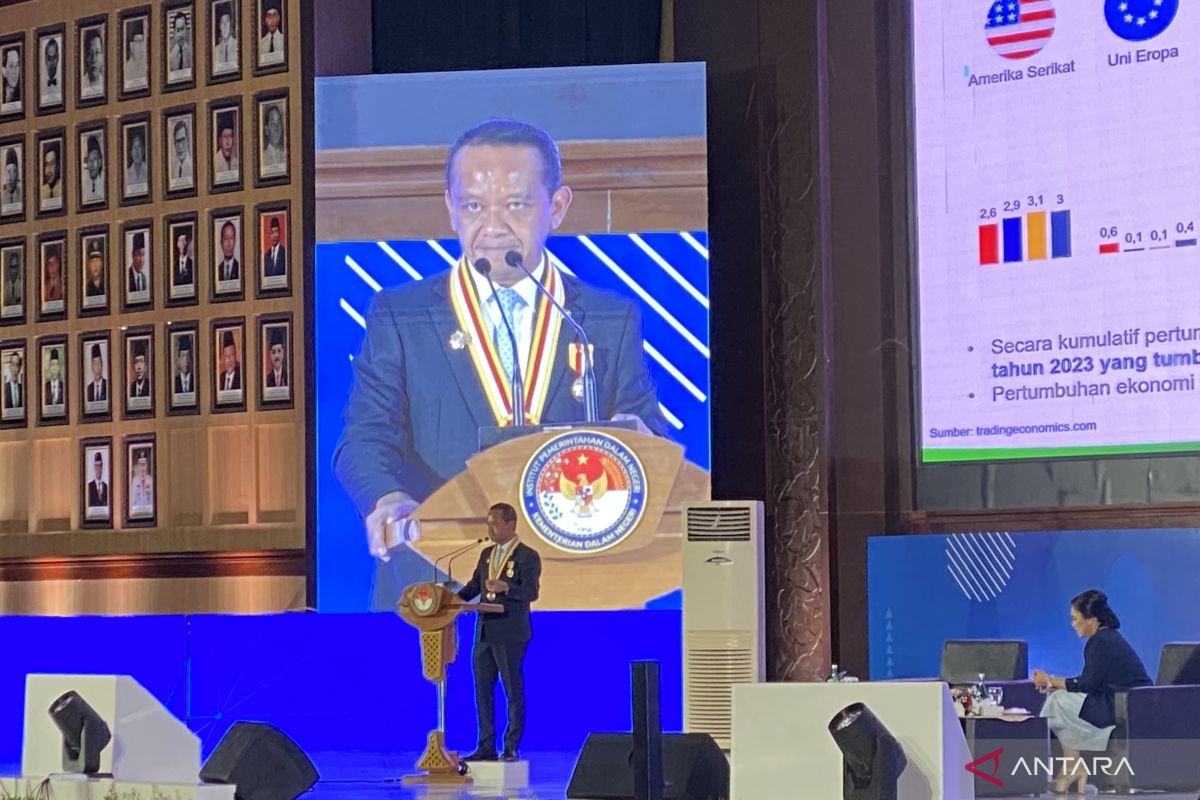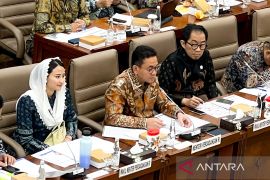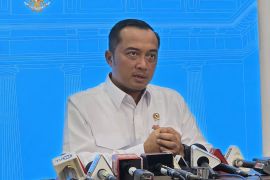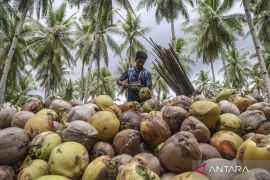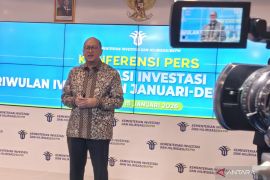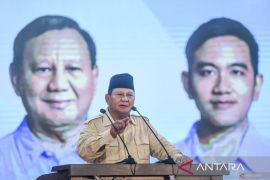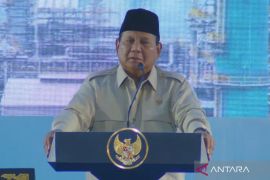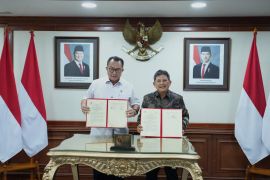In his speech, Lahadalia highlighted the importance of creating added value for Indonesian products.
"We aim to create added value to create job opportunities, which, in turn, are expected to support downstreaming efforts, boost state revenue, and increase the wages of workers, including civil servants," he explained.
He further underlined that prior to the implementation of the downstreaming policy in 2017, the value of Indonesia's nickel exports was just US$3.3 billion.
"In 2023, the value of our nickel exports totaled US$33.8 billion, owing to downstreaming efforts. This signifies a 10-fold increase," he said.
Lahadalia further said that the Ministry of Investment has devised designs for implementing the policy in the sectors of oil and gas, mineral and coal, plantation, fisheries, forestry, and agriculture.
The minister added that his side has been striving to ensure that local entrepreneurs are involved in investment projects in regions.
He then encouraged cadets and alumni of IPDN to help people in their hometowns become business actors capable of stimulating the economy of their regions.
Meanwhile, IPDN rector Hadi Prabowo explained that downstreaming constitutes a process that aims to realize sustainable economic transformation by focusing on attaching higher values to commodities.
"Downstreaming is expected to increase productivity and added value, allowing us to boost the value of industrial supply chains and protecting our commodities from price volatility," he added.
Related news: Downstreaming can help tap US$11.8 bln seaweed market potential: govt
Related news: West Papua can set example in palm oil downstreaming: Minister
Related news: Ministry pushes for Papuan coffee downstreaming at 2024 MICE
Translator: Rubby J, Tegar Nurfitra
Editor: Azis Kurmala
Copyright © ANTARA 2024
